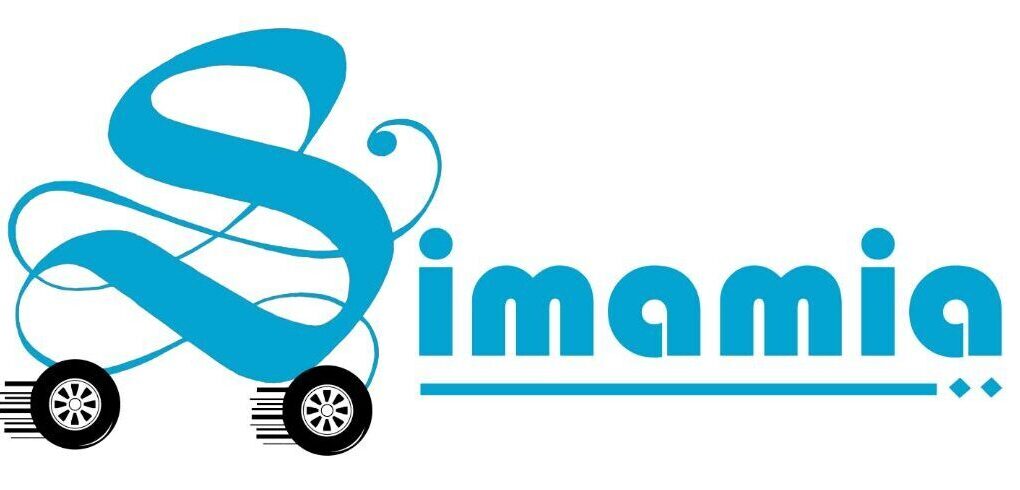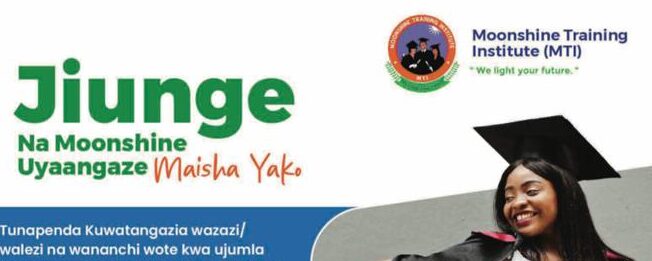
In a wide-ranging interview with Darren Moore, Desalegn advised migrants to channel their money into productive ventures rather than paying money to illegal traffickers. The PM also discusses democratisation, recent elections and what the next five years holds for the country.
On migrants seeking better prospects abroad
If you study human history, man has always been seeking for a better life and better opportunities. It is not a new phenomenon and the movement of people is okay. The problem is they [the migrants] are often promised a false dawn. For example, the gentleman I heard of recently who quit his job to travel illegally to Europe – maybe he was sold a false dream. You have preachers telling [them] they can become millionaires overnight, or that they can raise the capital to open a hotel, rather than working in one. And then, for what are lies, they risk their lives and their families’ lives. We also have to focus on the traffickers who make a lot of money from this trade, no less than 5,000 dollars per migrant. The irony is that this is a huge amount, enough to open a relatively large enterprise in Ethiopia. I understand why it may be attractive if you are unemployed; the unemployment rate is about 17 per cent in Ethiopian cities. So I admit that those unemployed may wish to seek an alternative opportunity. As a government we have a responsibility to create decent jobs at home. But we urge those who are thinking of it, or who have decided to go, to approach government offices: we have many initiatives, loans for small, medium and micro enterprises, which on top of the money people would have paid traffickers can be used to start up a business. We will support them in technology, management and other skills development so that they can benefit from being in their own country where there is all to do.
On critics, the opposition and the elections
The people have chosen to go forward with the development that’s taking place in this country. We also know that there are a sizeable amount of people who did not elect us. There are opposition party members that have been elected in some cities in a reasonable number, so obviously this is a plural society. One thing we cannot accept is hate speech and as long as people, be it the opposition or anyone, act in a responsible manner [there is room for them]. My party and my government have already announced that we will be establishing an intra-party council so that the views and aspirations of all parties and others, such as civil society groups, are heard and represented. Democratisation is not only [about] elections and we are ready to have an inclusive process in the coming years.
On the economy
We aspire to have a productive and dynamic economy which means looking at a number of sectors. Agriculture is going to be a major area of engagement. Smallholder agriculture has to be modernised so that productivity is increased. We have high-value agriculture like livestock, horticulture and large-scale commercial farming. These high value production areas are still at an infant stage in this country and we need to further develop these. We have a comparative advantage in terms of light manufacturing and agro-processing, and we need to be ready when we start getting a surplus in agriculture.
We are establishing a number of industrial parks in this country and we are also trying to facilitate the business climate and create a conducive environment for manufacturing to flourish. We are also looking to develop other industries such as logistics, without ignoring heavy industry like in plastics, metal and engineering as well as steel or the cement industry. But our primary focus will be on the manufacturing sector.
On development
The development model we are following is an inclusive one. The main growth engine is in agriculture and the industries I have mentioned. The construction boom you see in the capital is largely driven by the success of the agricultural sector. The farmers, having produced surpluses, now have savings, and these savings have enabled banks to finance these projects. The savings rate has increased dramatically from 9% of GDP to 22.5%. So that’s why at the recent [Financing for Development] conference in Addis we raised the point of domestic resource mobilisation. We can mobilise tax collection and modernise it because in many cases the collection rate is low compared with the global average. That will help us finance our own projects and development.
On opening up financial services and the telecoms sector
The rationale [to not open up these sectors] was economic. Many African countries privatised their state-owned banks and since [have been unable to deal with] market failures, especially in the area of financial inclusion. None of those banks are giving loans to some small and medium enterprises and to the farmers. In a mature economy the rationale may be different but for a developing economy you need to intervene to help finance smaller institutions and the wider population. Foreign banks are now allowed [to operate in the country]. The number of private Ethiopian domestic banks has also soared. But they are still small and couldn’t compete with international banks. So we wanted to create an environment to help grow these local banks and also to ensure these banks contributed to the rural economy and smaller institutions and individuals.
People are interested in the telecoms business because it is a “cash cow†business. We have a huge country and the private sector is not able or willing to go to remote areas to establish the infrastructure needed. As a government we wanted to use this business to help build the backbone IT infrastructure across the country, including in the remotest part. So going forward, this doesn’t mean we will only have one company. We will see how to proceed: for example, China has three government-owned telecoms companies competing with each other. The system we have adopted is not unique to Ethiopia. Singapore only recently privatised its telecom services. And let me add, today from the telecoms revenue we are now cross-subsidising our railway construction. The railway which you see, 30% of the money comes from our own pocket, thanks to revenues and earnings from telecoms.
On Africa and the ICC
You can understand why the ICC has been established and there is no denial that these values should be respected because the values of respecting human rights and objecting to impunity are valid and these are values which we should all entertain. In Ethiopia we have enshrined this in our constitution: it is a necessary condition for a nation and for individuals. The problem with the ICC [is that it appears to be] an organisation which is established to chase African leaders and Africa – the facts speak for themselves. The second issue with the ICC is it has to leave out incumbent presidents because their own constitution gives them immunity until they finish their terms. That clearly doesn’t mean we are agreeing with impunity, we don’t at all. We have the African charter for human rights which is clearly spelled out and which should be implemented. However, the problems with the ICC are twofold: its organisational flaw and its [operational] practices and that has to be changed. That’s why Ethiopia is not [a signatory]. [The ICC is] not a truly representative global organisation. Major countries like China, Russia, the United States and India are not part of the ICC. But the United Nations, through the Security Council, can use it as a mechanism and a tool [to dictate to others].



Recent Comments